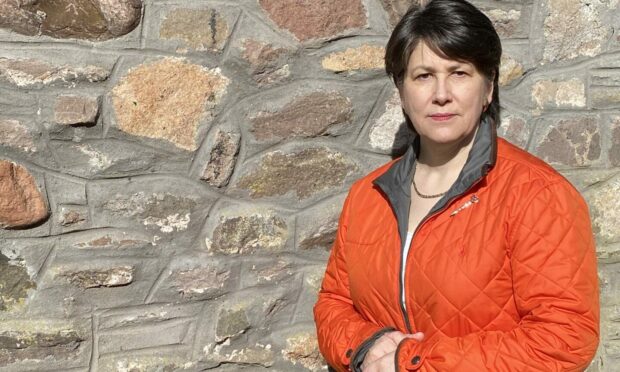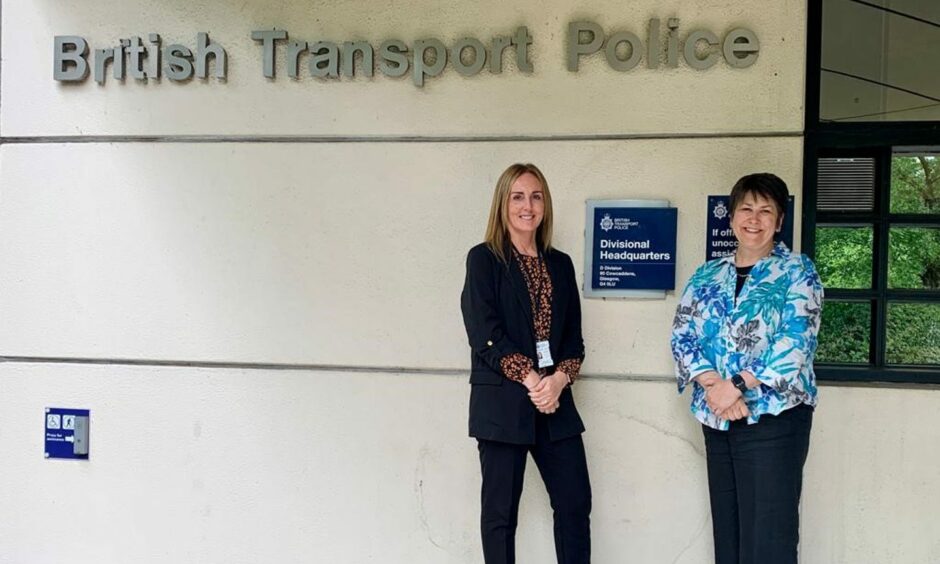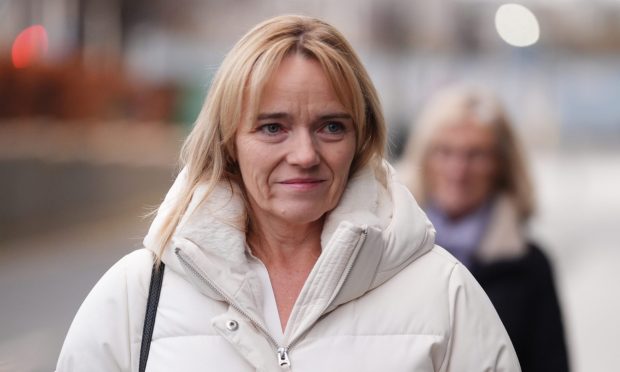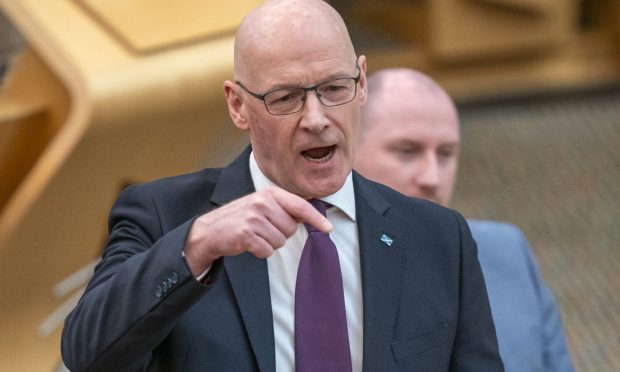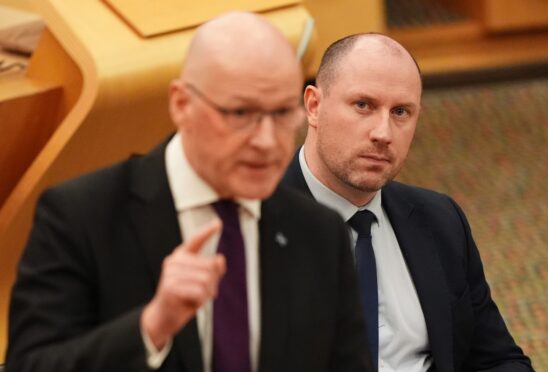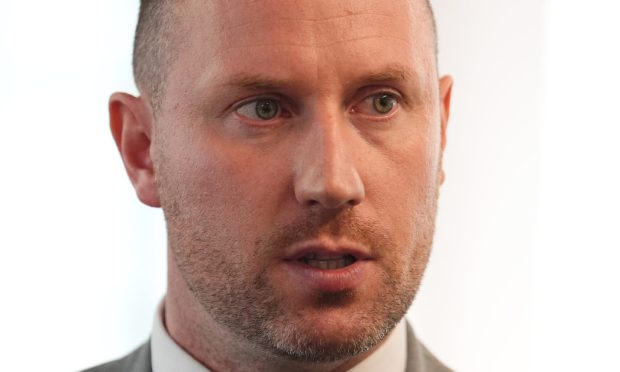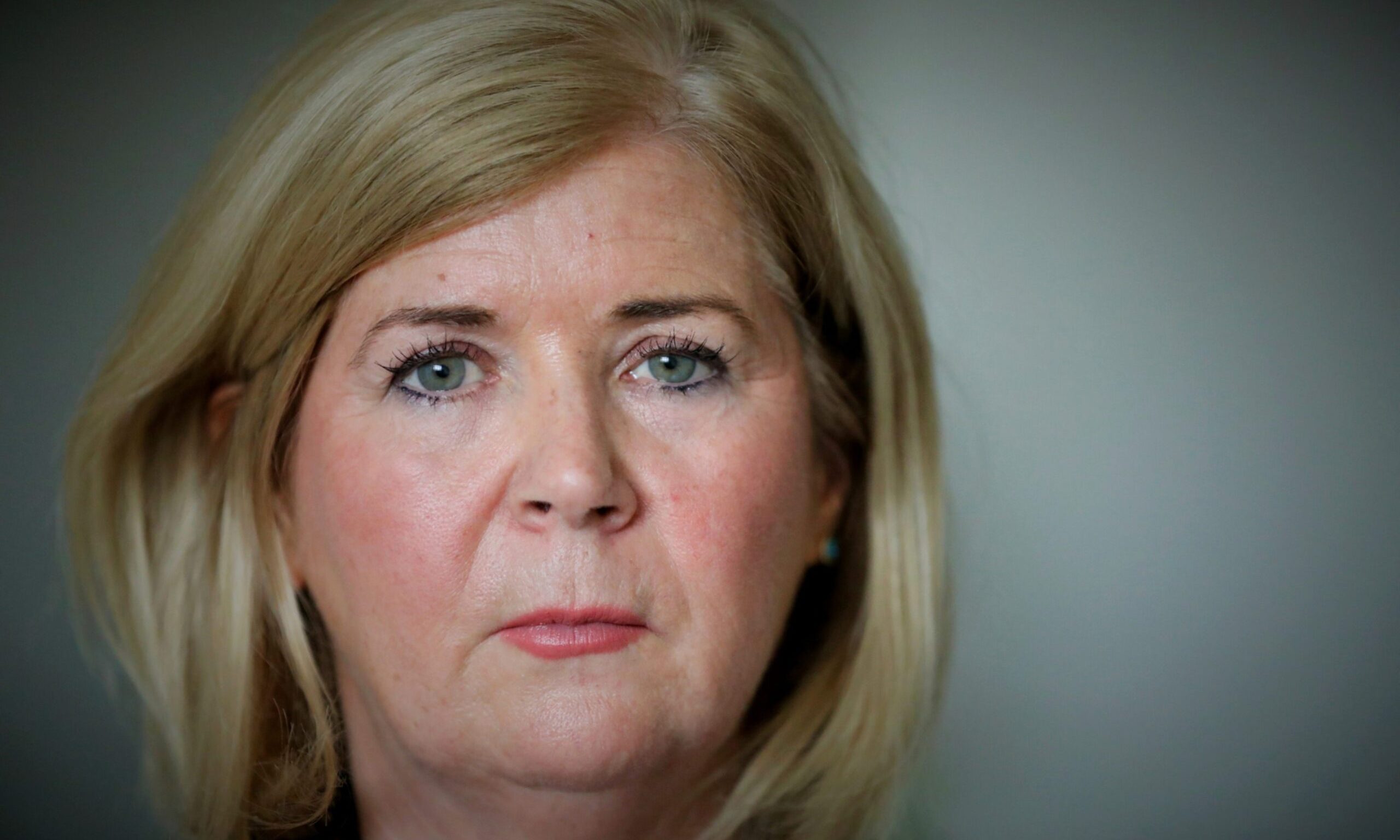Nicola Sturgeon is facing calls for a Victims Law to “give women the voice they deserve” as new figures show women reported sexual assault or rape at a rate of once a day in Fife.
Figures from Police Scotland show 370 of these crimes were recorded in Fife in 2021-22, a rise of 100 compared to last year.
This annual total in recorded crimes of this nature means that on average one report is made each day by women aged over 16.
The crimes reported to police include both recent and non-recent offences, including those that occurred more than 12 months ago.
In Tayside a total of 220 sexual assaults and rapes were reported in 2021-22, up from 175 last year.
North East regional Conservative MSP Tess White described the figures as “absolutely horrifying” and said it is “appalling” women feel they can’t walk alone at night.
‘Absolutely horrifying’
She wants the Scottish Government to introduce a Victims Law which would make seven key changes to the justice system.
This includes abolishing the controversial Not Proven verdict, which has been criticised as giving no closure to victims of crimes.
I hope this increase in reporting is down to victims’ confidence in coming forward.”
– Detective Superintendent Fil Capaldi
Ms White is continuing to campaign for better safety for women and recently met representatives from British Transport Police to discuss its new Railway Guardian app, which can be used to report incidents like sexual assault.
Commenting on the figures, the Tory MSP said: “Sadly, most victims and survivors of rape don’t report it to the police and these figures show that women have been left without a voice.
“Every single one of these cases is a stain on our society. The SNP’s soft-touch justice policies contribute to these figures by ensuring many abusers escape jail sentences and this must urgently change.”
Detective Superintendent Fil Capaldi, Head of Sexual Crime Unit, Police Scotland said: “Over recent years we have made significant efforts to ensure appropriate engagement with survivor groups across the Violence Against Women and Girls network.
“We have undertaken significant work to improve our response, particularly in respect of investigative structures and processes.
“It is reasonable to assess that this has influenced increased confidence in reporting sexual crimes, and this will include reports of recent and non-recent offending.

“In addition, there is the national conversation around violence against women and girls, and over the last few years high profile reporting of rape and serious sexual crime.
“These may have encouraged people to come forward and report what has happened to them.
“Rape and serious sexual crime is vastly under-reported, I hope this increase in reporting is down to victims’ confidence in coming forward, knowing our dedicated, professional officers will fully investigate every report.
“We encourage people to come forward and report.”
Ahead of last year’s Holyrood election, the SNP pledged to review the current three-verdict system, which allows juries to return a not proven verdict, in recognition of the “strong case that can be made for abolition”.
It was revealed earlier this week that the majority of respondents to a government consultation on the not proven verdict have backed scrapping it.
Scottish Government vows to tackle issue
A Scottish Government spokesman said: “The Scottish Government recognises that the justice system can be distressing and re-traumatising for those who come into contact with it and we are committed to improving victims’ experiences wherever possible.
“Our current consultation invites views on proposed reforms to improve the experiences and strengthen the rights of victims of crime, with a particular focus on sexual offences.
“In Scotland we have laws to tackle sexual violence, stalking, threatening or abusive behaviour, non-consensual sharing of images, and domestic abuse. We also have the Victims Code which clearly sets out the rights of victims of crime and how to exercise these rights.
“Earlier this year, Baroness Kennedy’s working group published its report on misogyny and the criminal law, which made a number of recommendations for reform to the criminal law.
“The Scottish Government has committed to consult on draft provisions to implement those recommendations.”
